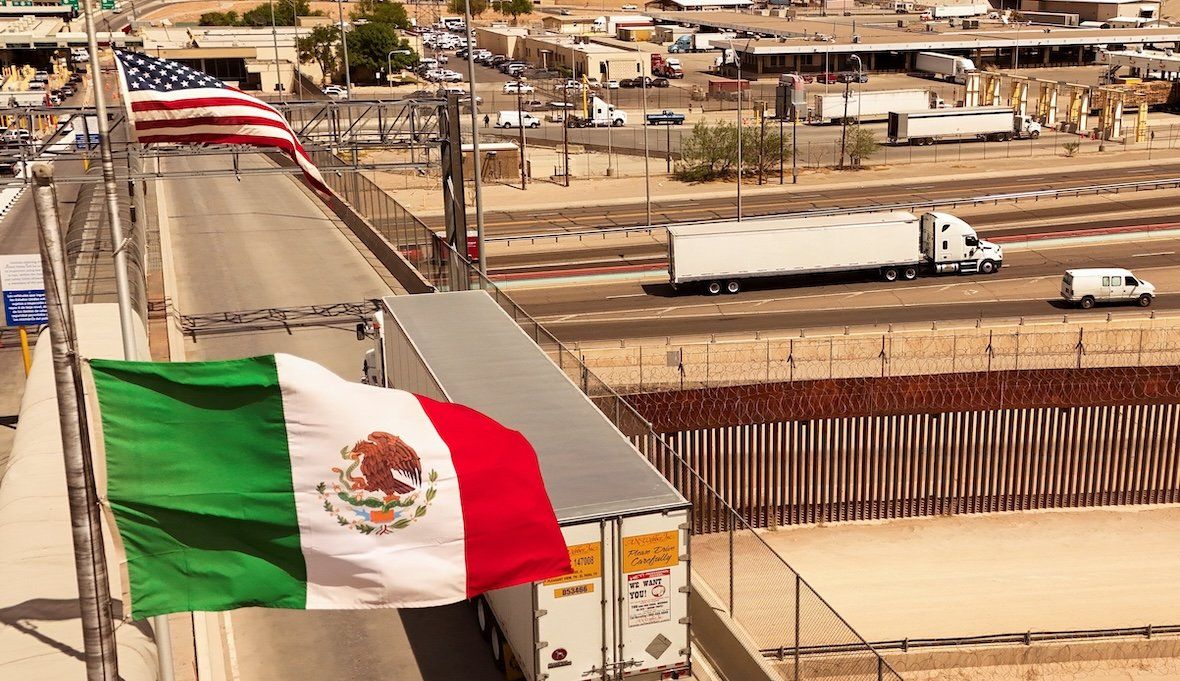Hard Numbers: Border apprehensions plunge, Maplewashing crops up, Fentanyl trickles in, Trump puts “Truth” on the block
7,180: US border authorities apprehended just 7,180 migrants illegally crossing the Southern Border in March, the lowest monthly number on record. The figure marks a twentyfold decline from the monthly average over the past four years as the Trump administration’s sweeping crackdown on undocumented migration continues. A recent poll put popular support for Trump’s immigration approach at 49%, the highest mark of any issue.
6: You may have heard of “pinkwashing,” “greenwashing,” “sanewashing,” or the more conventional “whitewashing.” But now there’s “maplewashing.” As of mid-March, Canadian authorities have busted six companies for fraudulently claiming their products are made in Canada rather than the US. The crackdown comes as the “Buy Canadian” movement, which boycotts American products, continues to grow in response to Donald Trump’s threats against Canada.
0.1: Donald Trump has said fentanyl is “pouring” into the US from Canada. But one man’s “pour” is another man’s “barely perceptible trickle.” Turns out, barely 0.1% of the drug seized along the US northern border last year actually came from Canada, according to government data obtained by the Globe & Mail. The remaining 99.9% came either from Mexico or from elsewhere in the US.
2.3 billion: The truth may be priceless, but Truth Social? That’s a different story. President Donald Trumpsuggested this week that he was open to selling his $2.3 billion stake in the social media company, which is a competitor of X in the microblogging space. The company has lost some 40% of its market value this year amid a wider stock market plunge triggered by uncertainty about Trump’s trade and tariff plans.